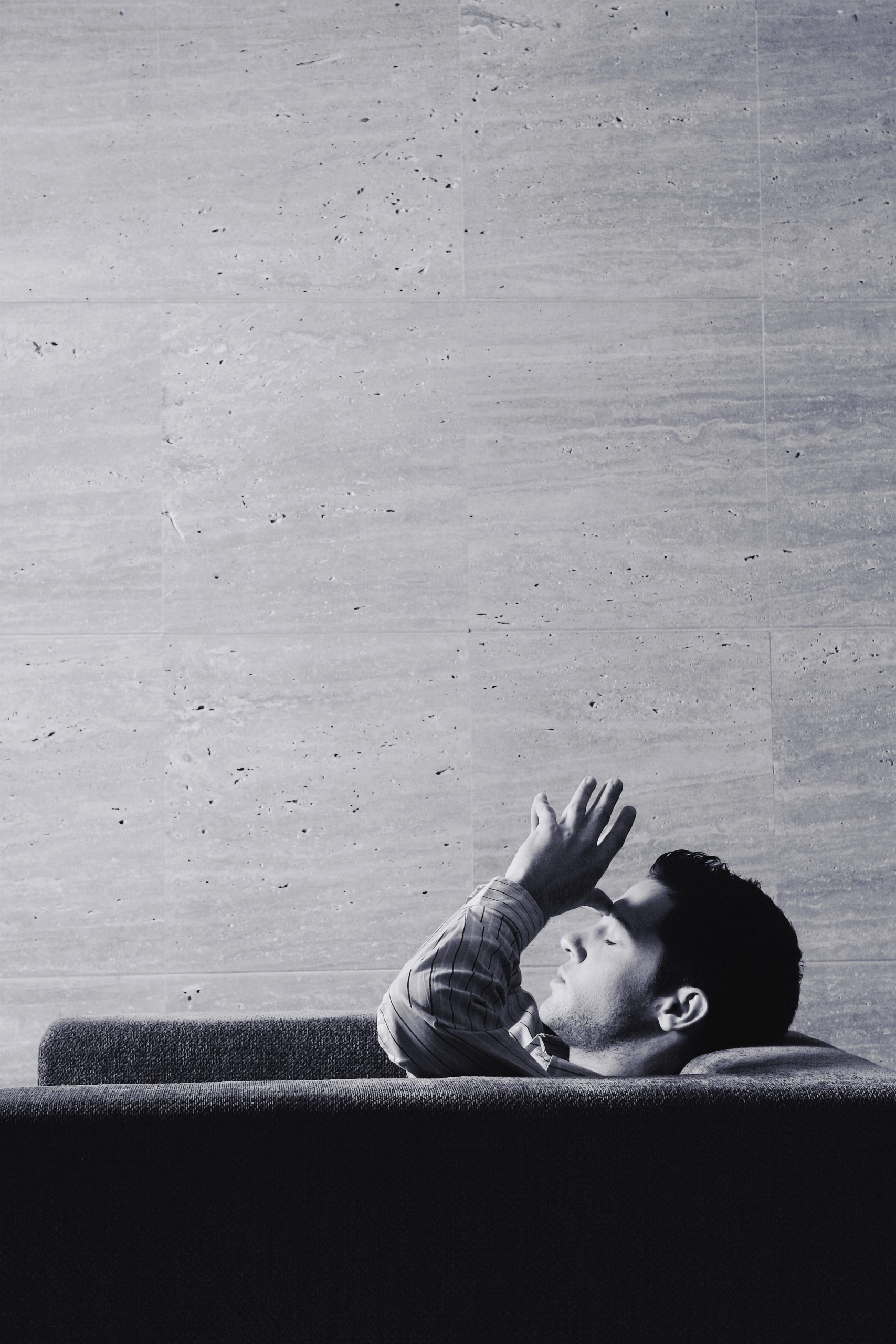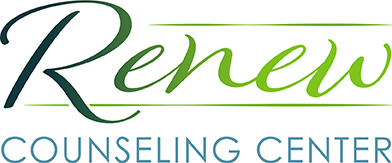Obsessions & Compulsions
Obsessive-compulsive disorder (OCD) is an anxiety disorder characterized by uncontrollable, unwanted thoughts and repetitive, ritualized behaviors you feel compelled to perform. If you have OCD, you probably recognize that your obsessive thoughts and compulsive behaviors are irrational – but even so, you feel unable to resist them and break free. You may feel isolated and helpless. Like a needle getting stuck on an old record, obsessive-compulsive disorder (OCD) causes the brain to get stuck on a particular thought or urge. For example, you may check the stove twenty times to make sure it’s really turned off, wash your hands until they’re scrubbed raw, or drive around for hours to make sure that the bump you heard while driving wasn’t a person you ran over.
Obsessions are involuntary, seemingly uncontrollable thoughts, images, or impulses that occur over and over again in your mind. These are often unwelcome thoughts but you feel powerless to stop them. Some examples of common obsessions are:
- Fear of being contaminated by germs or dirt or contaminating others.
- Fear of causing harm to yourself or others.
- Intrusive sexually explicit or violent thoughts and images.
- Excessive focus on religious or moral ideas.
- Fear of losing or not having things you might need.
- Order and symmetry: the idea that everything must line up “just right.”
- Superstitions; excessive attention to something considered lucky or unlucky.
Compulsions are behaviors or rituals that you feel driven to act out again and again. Usually, compulsions are performed in an attempt to make obsessions go away. For example, if you are afraid of contamination, you might develop elaborate cleaning rituals. However, the relief never lasts. In fact, the obsessive thoughts usually come back stronger, and the compulsive behaviors often end up causing anxiety themselves as they become more demanding and time-consuming. Some examples of common compulsive behaviors are:
- Excessive double-checking of things, such as locks, appliances, and switches.
- Repeatedly checking in on loved ones to make sure they’re safe.
- Counting, tapping, repeating certain words, or doing other senseless things to reduce anxiety.
- Spending a lot of time washing or cleaning.
- Ordering or arranging things “just so.”
- Praying excessively or engaging in rituals triggered by religious fear.
- Accumulating “junk” such as old newspapers or empty food containers.
The good news is that there is help available to those who struggle with these types of thoughts and behaviors. There is also help for families who are affected by those who struggle. Give Renew Counseling Center a call today at (602) 633-4032 and let us help you begin the healing process.

